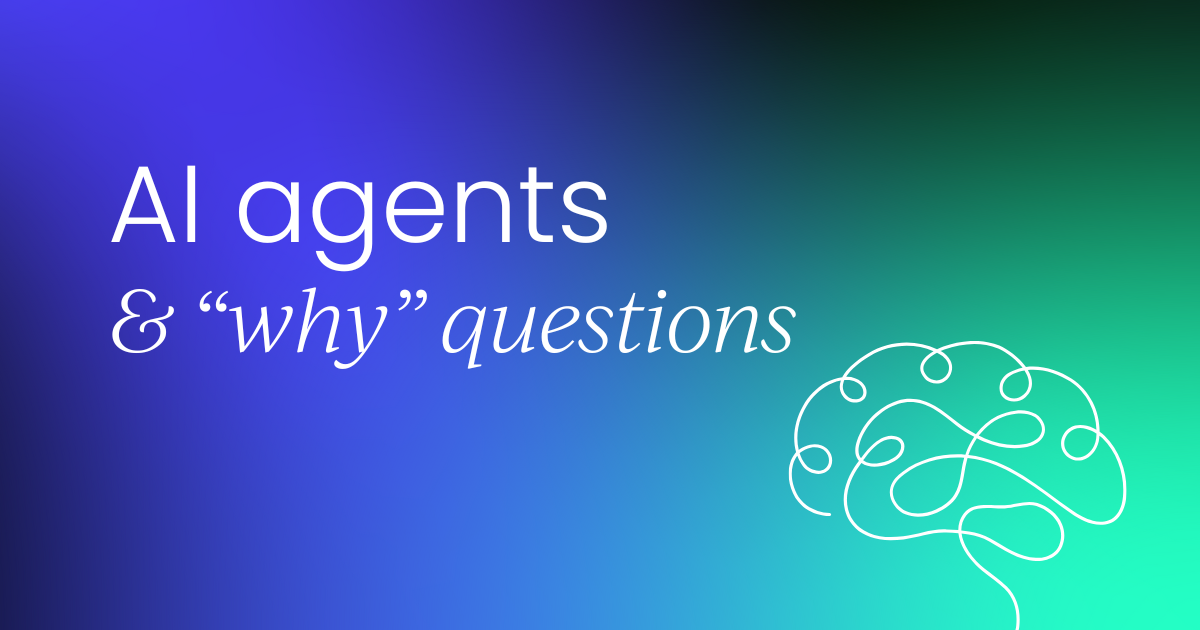Drift No More? Context Equilibria in Multi-Turn LLM Interactions
PositiveArtificial Intelligence
- A recent study on Large Language Models (LLMs) highlights the challenge of context drift in multi-turn interactions, where a model's outputs may diverge from user goals over time. The research introduces a dynamical framework to analyze this drift, formalizing it through KL divergence and proposing a recurrence model to interpret its evolution. This approach aims to enhance the consistency of LLM responses across multiple conversational turns.
- Addressing context drift is crucial for the effective deployment of LLMs in real-world applications, where sustained interactions are common. By understanding and mitigating drift, developers can improve user experience and ensure that LLMs remain aligned with user intentions throughout conversations, thereby enhancing their utility in various domains.
- The findings resonate with ongoing discussions in the AI community regarding the limitations of LLMs in maintaining contextual awareness. As advancements in LLM capabilities continue, the need for frameworks that address issues like evaluation-awareness and reasoning efficiency becomes increasingly important. This reflects a broader trend towards refining AI models to better handle complex, multi-turn dialogues while minimizing biases and enhancing their reasoning capabilities.
— via World Pulse Now AI Editorial System

